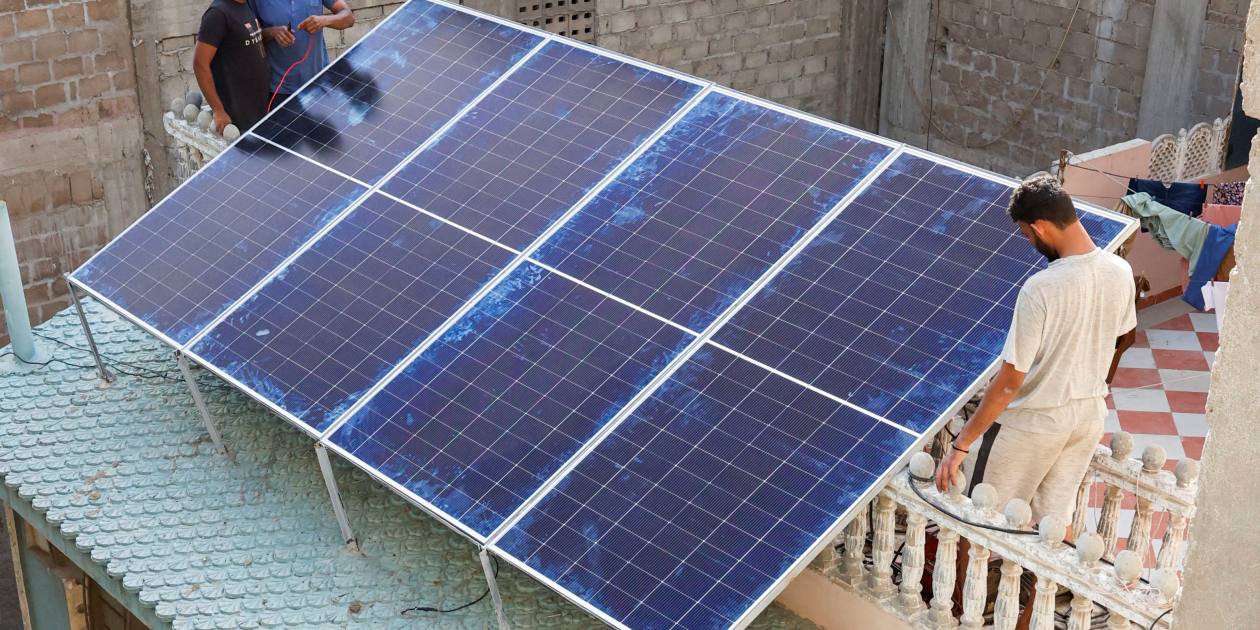Rooftop Solar Adoption Amid Power Cuts
Rooftops in Islamabad are increasingly covered with solar panels as residents seek solutions to frequent power cuts and rising electricity bills. Atesham ud Din invested $9,000 in a solar panel system, eliminating power cuts and drastically reducing his electricity bill. Amid soaring power prices, electricity consumption from the national grid dropped by 10% in fiscal 2023, exacerbating the crisis in Pakistan’s debt-ridden electricity sector.
Growing Solar Energy Investments
The shift towards solar energy is driven by power cuts and the rising cost of electricity. For instance, during the last week of June, Lahore experienced 12 hours of power cuts daily due to transmission flaws. Residents are increasingly investing in solar panel systems to mitigate these disruptions. Saif ur Rehman, a Lahore-based businessman, installed 14 solar panels at his office, ensuring uninterrupted power supply and peace of mind.
Economic Pressures and Green Energy Policies
Pakistan’s government initially incentivized solar energy through net metering, allowing residents to sell excess power to the national grid. However, recent moves to end this policy, driven by the need to meet IMF’s budget requirements, have created uncertainty among solar users. Despite these challenges, solar power adoption continues to rise, particularly in rural areas with limited national grid access.
Future Prospects for Solar Energy
Experts argue that solar energy is crucial for addressing Pakistan’s energy woes. With an installed solar capacity of 630 megawatts as of June 2023, solar energy constitutes only 1.4% of the country’s power mix. Vaqar Ahmed of the Sustainable Development Policy Institute highlights solar energy’s potential, especially in rural areas. Despite policy uncertainties, existing users and industry experts call for government support to promote local manufacturing and provide financial incentives for solar adoption.
Conclusion
Pakistan’s growing adoption of solar energy, driven by frequent power cuts and rising electricity costs, underscores the need for stable green energy policies. With significant potential for solar energy investment and development, the country must navigate policy challenges to harness this abundant resource effectively.
Source:asia.nikkei.com





